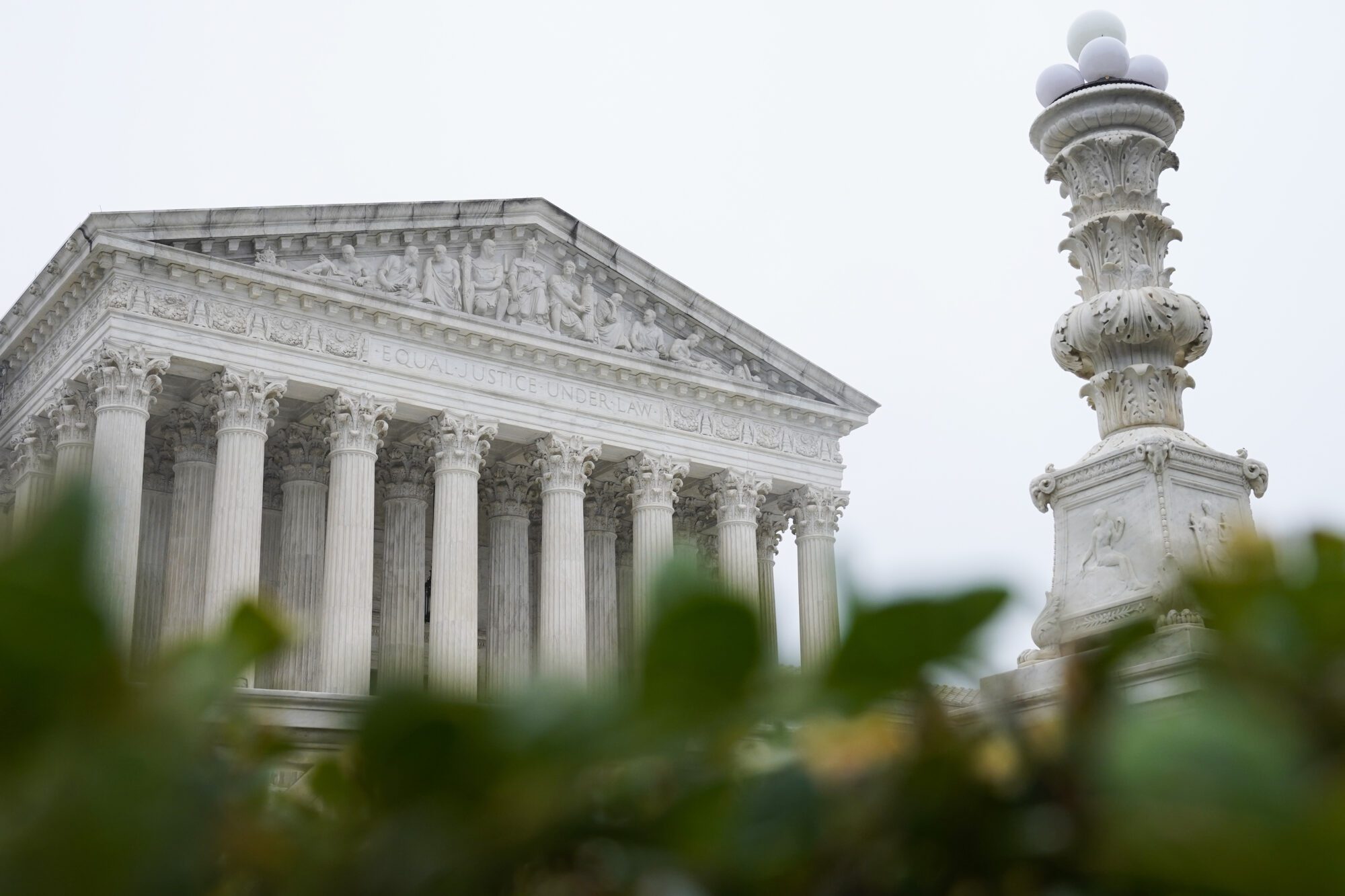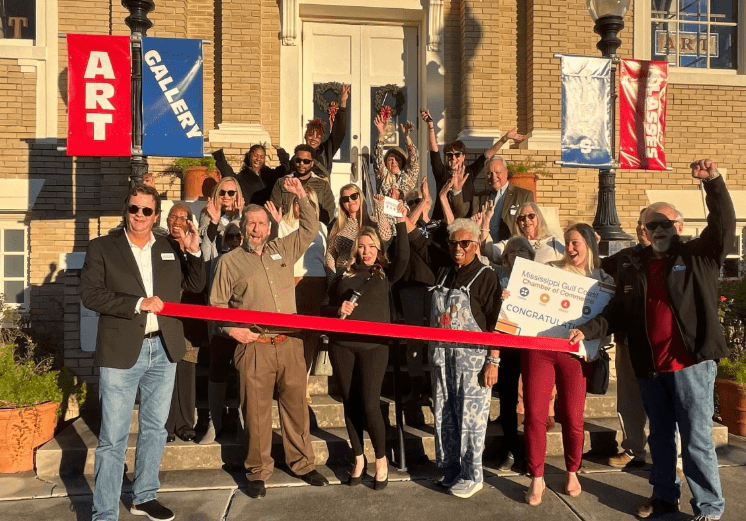No On Healthcare Is Of Little Help To Vulnerable Dems
As I have done before, I decided to look at a couple polls outside of Mississippi and tried to draw conclusions on what- if anything- this could mean in the Magnolia State, especially the First District.
I actually want to call your attention to three separate polls from Public Policy Polling, although they are all related and drive home the same point. What the polls have shown is that if voters in specific districts or on a statewide basis dislike the new healthcare legislation, they are just as likely to oppose the Democratic candidate whether he voted for or against the measure.
Here is what I mean. NC-02 is represented by Bob Etheridge and the district carries a Cook PVI of R+2 (so marginally Republican). When voters were asked, 47 percent said they would be less likely to vote for the Democrat this fall if he supports the healthcare bill. But at the same time, 47 percent said they would be less likely to vote for him if the Democrats pass the bill, regardless of his vote.
Same story in NC-11. It is represented by Heath Schuler and is a little more Republican leaning at R+6. 51 percent of voters would be less likely to vote for Schuler if he supported the bill. And 46 percent would be less likely to support the Democrat regardless of his final vote if the bill passed (both questions were asked before the bills passage).
Here is some quick math on the election. I am estimating 160,000 voters this fall (133,000 in 2002, 144,000 in 2006). I am also using rough estimates to put opposition to the bill at 65-35 in the district. That would mean about 104,000 of those voters oppose the bill; while 56,000 support it. Of those 56,000, Childers will win most of them but let’s give him 54,000 of those votes (96 percent). That would mean he needs to win approximately 25 percent of the healthcare opponents. That would be about 26,000 votes and put him right around 80,000 total votes.
Can Childers do that? He obviously had plenty of crossover appeal before but didn’t have the healthcare cloud hanging over his head in 2008. Also, there are a lot of variables at play. Healthcare opponents are more motivated to vote right now. Advantage Republicans. African-American vote was down significantly in 2009 gubernatorial elections compared to 2008. Advantage Republicans. The bills supporters may decide not to bother voting for someone who opposed the bill. Advantage Republicans.
Bottom line: Childers is going to need to win at least 25-30 percent of the vote from healthcare reform opponents in all likelihood to win re-election this fall.
Majority in Miss.
3/31/10






